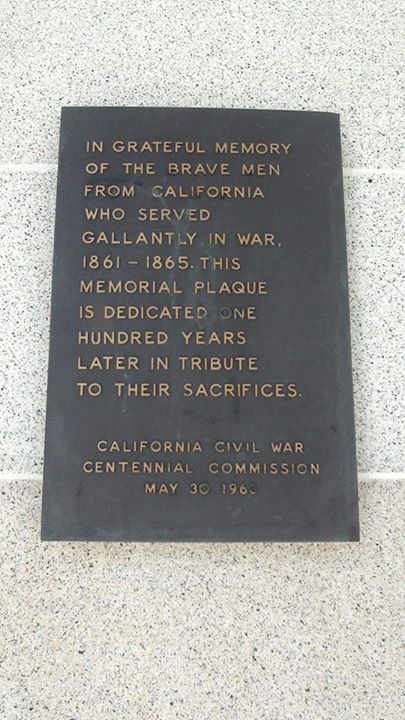
Monday, 10 June 2013
What shall we say then? Is the law sin? Certainly not! On the contrary, I would not have known sin except through the law. For I would not have known covetousness unless the law had said, “You shall not covet.” Romans 7:7
Again, as he has done several times already, Paul asks a rhetorical question to help us think an issue through. This is possibly asked in response to someone who was trying to defend the law as still being in force, even after Christ’s work was accomplished. His question begins with, “What shall we say then?” It is certainly asked as a result of his statement in verse 5 – “For when we were in the flesh, the sinful passions which were aroused by the law were at work in our members to bear fruit to death.”
“Ok Paul, if what you said is true and the law arouses these sinful pleasures in us, then ‘is the law sin?’ Is the law insufficient to justify us or allow us to grow in sanctification? Is its design to make those under it worse people than before it was introduced?”
And his answer is the same as it has been five times already to such similar questions, “Certainly not!” If the law is sin, then God, who authored the law, authored sin! The issue is one of misunderstanding where the evil lies. It is in man, not in the law. To show that this is true, he states, “On the contrary…” This demonstrates that the thought which is presented is actually the opposite of what is correct. “The law isn’t sin, the opposite is true. And in support of this, I present that ‘I would not have known sin except through the law.'”
Adam and Eve were in the Garden of Eden. There were, let’s say, 100 types of trees around them. If God has said nothing about the trees, then what they did with the trees wouldn’t matter. If He said, “You can climb any tree you want, but you cannot cut any down,” then that would have been the law. They would sin only if they cut a tree down. But this wasn’t a law that was given and so no sin could result if they did. The law was that they couldn’t eat of a particular tree’s fruit. If he hadn’t given that law, then there would be no sin for eating the fruit. Introducing a just law isn’t sinful. It simply demonstrates what sin is (or will be if the law is broken).
However an unjust law could be the cause of sin. God created Adam and Eve as beings needing food and water. If He told them they were not allowed to eat or drink, then the law would be unjust. How could sin be imputed in this instance? The law would, in fact, cause sin. But this isn’t the case. The law is good, reasonable, and correct. The same is true with the Law of Moses as Paul will now demonstrate when he says, “I would not have known sin except through the law.” This is exactly what was demonstrated concerning Adam and Eve. The law given to them wasn’t sin, but the sin was in them, waiting to be aroused. Paul continues, “For I would not have known covetousness unless the law had said, “You shall not covet.”
Although the principle applies to any part of the law, whether of the Ten Commandments, or some other precept found throughout it, Paul chooses the last of the big ten. And, he only cites the basic premise of the commandment, not the entire commandment as was given in Exodus 20. The rest of it mentions things that can be coveted, such as “your neighbor’s house.” His citing of the opening portion is intended to include all coveting, something that wouldn’t be a sin unless we were told that to covet was sinful. Only when coveting is identified as coveting, and that it is wrong, can we know that coveting is sin.
Life application: When God gives a law, it is always just, righteous, and attainable. Nothing that we are asked to do by Him is sinful. Instead, sin is brought about by our knowledge of and failure to obey His law. Therefore, it is imperative to know what God expects and then to adhere to that.
How grateful I am to You, O God, for the work of Jesus who fulfilled the law on my behalf. I know that if I strayed in one part of Your law, that the whole law was broken. The weight of it all was so heavy, but then came Jesus. He did what I could never do and now I am free through Him. Truly His yoke is easy and His burden is light upon me. Thank You for Jesus. Amen.




